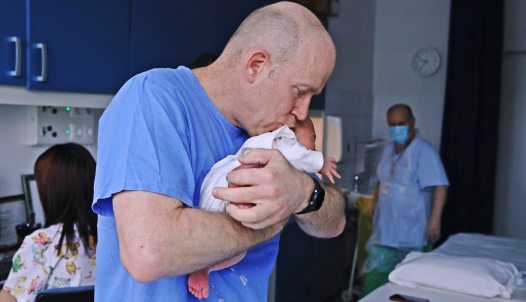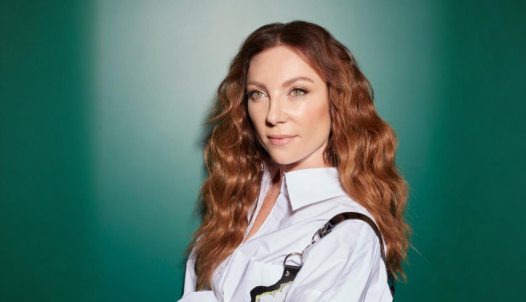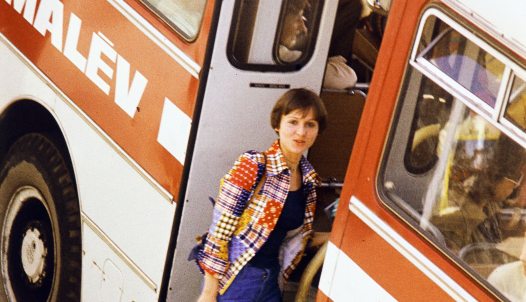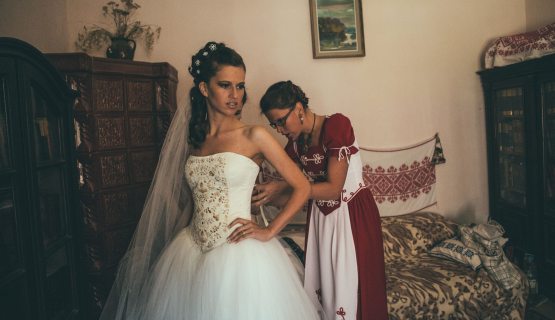Narrow boundary – The green household does not need discovering, we grew up in it
In fact, we always lived like this. This is how we grew up. We only heated the house as much as was necessary, and if we were cold, we pulled on another sweater. We wore the outgrown but still usable clothes of cousins and acquaintances (we hated that). We flushed the toilet with the kids’ bathwater (so that the cess pit should not fill up too soon). We had a small kitchen garden and learnt what a carrot and green bean looked like when they are not in the store. We made jams and the like – we did a lot of preserving. We knew how much food each one was due, there were no leftovers. What was there, however, had to be gobbled up – there were no snacks an hour or so later. We traveled by public transport. We did our shopping in the village. We didn’t fly, there was nowhere to go. We cycled. We drank tap water.
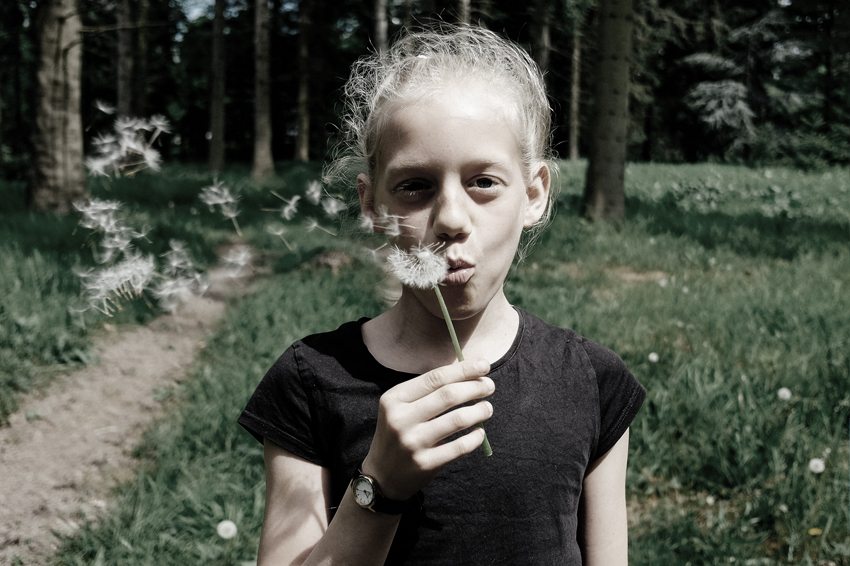
You can invent the wheel now, but in fact, it has already been invented.
OK, that was our childhood, a long time ago, forty or more years – but as adults, we were also following the same pattern, this was natural. When we built our house, we invested considerable energy and labour into digging out a space for a large rainwater cistern, which we have used ever since to water the garden. (They used the tank for something else before, it would have been thrown out and we asked for it.) Our house is the sort that has been built for centuries: brick walls, tiled roof, wood windows and doors; it breathes, it works, it is no bigger than it needs to be, it is not hyper-insulated, there is no air-conditioning. Later on, we swapped gas heating for wood-burning to reduce our energy dependency. Not only was there never 23 degrees warmth in the winter, but 20 degrees was rare enough.
We planted fruit trees in the empty plot that had once been arable land, and virtually not a year has gone by that we didn’t plant more and more. Every year we make jam from the fruit of these trees – sometimes there is a bounteous crop, sometimes not, this the risk in agriculture – and then eat it throughout the year. The poorer quality produce goes for pálinka (fruit brandy). We slaughter pigs and this provides the year’s sausages and ham; we buy cold cuts only rarely. We are able to differentiate good mushrooms from bad, and each year we pick a lot of mushrooms which are preserved and last until the winter. (Of course, a mushroom expert also double-checks them.) We’ve always had a vegetable garden – I have already written about what is so good in this. To this day we do not drink bottled soft drinks or mineral water. We do, however, have reusable soda siphons. We put empty jam jars aside for jams and preserved produce, paper goes to recycling or burning in the winter, and all the other waste (there is not much) is collected selectively. And we compost just as we saw at home. We have always spent a lot of time outdoors, as children, too, and we went on many excursions with our children. We learnt, and we have taught, the basic rules of behaviour when in the countryside, one of the principal ones being that all trash is always brought home. We have never been under the spell of brands, not in terms of clothes, cars or anything else.
But these are not vows, they are not resolutions, nor are they great achievements to be shouted about – they are the natural way of living.
With some differences or other, this is how things are with others who grew up in a tradition-respecting, conservative, frequently rural environment. The sort who did not first read the expression protection of creation a month ago, but who heard it in their childhood at scripture lessons, in the scout camp and in their own small communities. Or rather not heard it, but lived it.
In this inherited knowledge, the emphasis has always been on human life. Only by man we never meant ourselves, but the human community. We look after the values of nature and do not consume excessively for the good of the human community here on Earth. And that's why we are looking after it now.
Cliché as it is again, the point is that we don't say it, we do it.
And, naturally, we also seek how we can do things even better. But that’s the reason why campaign-like climate protection conducted on Facebook sometimes appears to be straining, bringing a smile to the face.
Of course, this does not mean that there is no sense in banning drinking straws. Let’s just say, however, that here, in the Carpathian Basin, I am somewhat sceptical about the matter of bamboo-handled toothbrushes.

